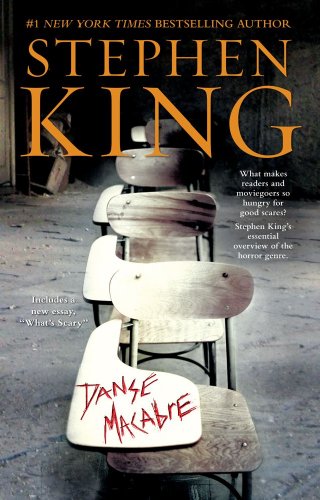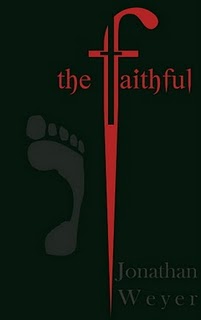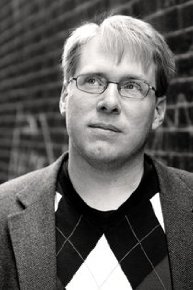I can’t tell you how many times I’ve been asked for the “top ten” book list of my personal favorites; oh come on, they implore, bring it on. Nope. I just can’t do it. Not long ago I thought I’d work up the courage and stamina to limit myself to a dozen top books, doing a workshop on a list for leaders to read, one book a month. Couldn’t do it. I ended up suggesting twelve categories, twelve topics or types of books. And then I added novels. And memoirs.
Yet, I love books of lists. I am a sucker for the Rolling Stone stories about the top albums or the top songs, counted down in order. There is something instructive about listening to critics and passionate fans describe the very best in a field. One of my favorite books of last year, in fact, was 1001 Children’s Books You Must Read Before You Grow Up from the acclaimed British 1001 series. It is full color and thick and vivid, edited by a woman who wrote for The Guardian, Julia Eccleshare (Universe Press; $36.95.). You may know another series, a bit more accessible, published by the art publisher Prestel 50 Paintings You Should Know, 50 Buildings You Should Know, 50 Woman Artists You Should Know and so forth. Love that stuff. We stock most of them.
A book about the best books that religious folk should read? Now that is daunting for a few reasons. Firstly, any such list usually implies too much; not just that these are great books, but that they will be helpful, insightful in some profound way, appropriate, useful for growing in faith and obedience. To suggest that God may appreciate us reading this book, well, that may be a stretch. It is, of course, though, what I do almost every day, sometimes with fear and trembling, inviting people to consider the prudence of reading certain books, and to see such an experience as a spiritual discipline. We think that the books we sell matter! I know, I know, we could be wrong about some of them. If communicated in the right spirit, it can even be fun to hear criticisms of this book or that author, or the convictions they offer. We are eager for conversations about these things because paying attention to books and reading are not only important to us–it’s my only serious hobby, really–but our best voices and leaders from the Bible on down through church history have agreed: it is important to use your mind, to think well, to study, to learn. Books are tools for Christian discipleship, so we care about them. Mature congregations and vibrant faith communities nurture an ethos of reading. Serious Christians read, as they can, serious books.
I ruminate on this matter of the joy and usefulness of books, and the complexities of recommending them, in order to announce with great gladness that there is a new resource that will guide you in this journey, that will be valuable and helpful (yes, yes) and interesting and fun (yes, yes, again, yes.) I couldn’t be more thrilled and have been eager to tell you about it. For anyone who cares about books, or feels that they ought to, or wants to inspire others, this is a wonderful, wonderful resource.
Besides the Bible: 100 Books That Have, Should, or Will Create Christian Culture edited by Dan Gibson, Jordan Green, and John Pattison (Biblica; $14.99. See our sale price, below.)
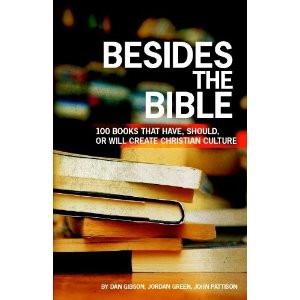 With a bunch of guest contributors (including yours truly) these great guys have put together a book lover’s feast, a collection of introductory reviews that will make you smile, and smile big. And maybe scratch your head. And want to talk to somebody about it all. If you love books, you will love this book. If you don’t love books, you will find this a helpful guide.
With a bunch of guest contributors (including yours truly) these great guys have put together a book lover’s feast, a collection of introductory reviews that will make you smile, and smile big. And maybe scratch your head. And want to talk to somebody about it all. If you love books, you will love this book. If you don’t love books, you will find this a helpful guide.
The three authors and a few of their guest contributors are part of the Burnside Writer’s Collective, an on-line space for culturally engaged Christian writing, started by Donald Miller. These guys are themselves very well read, and the forward to Besides the Bible is itself a lovely testimony to a kid growing to become a reader. My story is not exactly like that—I grew into this book stuff slowly, and later than some—but I so enjoyed their explanation of why they wanted to do a collection like this. Indeed, this is a lover’s gift, a gift by those who love the printed page and a gift to the Christian movement, evangelicals and others who may want some good advice about selecting good reads. And what fabulous, rich, interesting, solid, helpful, advice it is!
Of course, I don’t agree with every review in the book. And I don’t agree with every book choice as “essential.” (As it ends up, neither do they.) But we stock most of these titles, and certainly agree that they are worth knowing about, even worth reading, and in many cases, worth owning. Whether you pursue reading some of these suggested titles, and in what order, well, that’s a long conversation of another sort. But, as they point out from the outset, these are books you should know about, that you would be wise to know. Being aware of significant books, or books that smart folks think are significant, is itself an education and a step towards being a better reader. (Reading well takes a certain skill of seeing a bigger picture, you know: this author cites that one, who alludes to yet another. Connecting the dots from a school of thought to a best-seller to a review who hates it, is important as our constellation widens and we “get” the references in books, articles, magazines, films, advertising, and even sermons. Knowing who’s who is so helpful. In short, the more you read, the better reader you become. With God’s help, the more you ponder these things in your heart, the wiser you become.)
So, this new resource will help you walk through some of the top books that have meant a lot to these good folks. The reviews are short, they are helpful, they are mostly very interesting. Most are initialed by one of the three primary authors, but then others are offered as guest essays, which are, themselves, a fun bit of discovery. For instance, in Besides the Bible you can find comedian and actress Susan Isaacs on N.T. Wright’s Simply Christian; Donald Miller on Viktor Frankl; Peter Rollins on a book by post-modern philosopher John Caputo. Learn why William Young, the author of The Shack, chose The Little Prince. Read Phyllis Tickle’s wonderful rumination, explaining the importance of The Norton Anthology of Poetry. Admired writers and thinkers Becky Garrison (her latest is Jesus Died for This?) and David Dark are in here—Dark’s beautiful piece on Franny & Zooey is one of the best in the book! Brooklyn poet and pastor (and singer for The Welcome Wagon) Vito Aiuto explains the richness and warmth of Calvin’s famous Institutes of Christian Religion. Karen Spears Zacharias (I hope you know her Will Jesus Buy Me A Double Wide?) reflects on the Collected Stories of Eudora Welty. I keep thinking: is all this cool, or what? Yippeee!
And those are only a few of the guests and a fraction of the diverse books listed and described. You’ll have to buy the thing, of course, to see ’em all, but you will be delighted, I’m sure. Many of these have been very important books in my own life, and say much about our own history here at Hearts & Minds: Thomas Merton, J.I. Packer’s Knowing God, John Howard Yoder, Francis Schaeffer, Madeline L’Engle, Richard Foster, Os Guinness. They happily suggest novels and poetry, polemics and the work of sociologists, history and theology. A few are memoirs (Traveling Mercies, The Cloister Walk), a few are Biblical studies (yay for Colossians Remixed) and a few are classics about art history, or culture. (The comments about Cultural Amnesia by Clive James were stunning; the review of War Is a Force That Gives Us Meaning by Christopher Hedges was very wise indeed.) A few are of genres that are hard to explain, like the Pulitzer Prize-winning nature reflections so beautifully penned by Annie Dillard, Pilgrim at Tinker Creek. Or the amazing graphic novel, Blankets.
Thomas Merton, J.I. Packer’s Knowing God, John Howard Yoder, Francis Schaeffer, Madeline L’Engle, Richard Foster, Os Guinness. They happily suggest novels and poetry, polemics and the work of sociologists, history and theology. A few are memoirs (Traveling Mercies, The Cloister Walk), a few are Biblical studies (yay for Colossians Remixed) and a few are classics about art history, or culture. (The comments about Cultural Amnesia by Clive James were stunning; the review of War Is a Force That Gives Us Meaning by Christopher Hedges was very wise indeed.) A few are of genres that are hard to explain, like the Pulitzer Prize-winning nature reflections so beautifully penned by Annie Dillard, Pilgrim at Tinker Creek. Or the amazing graphic novel, Blankets.
Of course we were thrilled to see Jayber Crow (Berry), The Brothers K (Duncan), Gilead
(Robinson), and a few others of the very best novels of our time that are rife with theological and spiritual insight. I appreciated the short review of This is Water by the legendary David Foster Wallace. The fiction suggestions are almost all very important, most of them very solid choices, but a few are curious.
Although it isn’t the book’s strong suit, there are plenty of titles recommended about the inner spiritual journey. Who wouldn’t benefit from a reminder of the significance of historical classics like Paradise Lost or Pilgrim’s Progress; who doesn’t need short introductions to some of the important works in spiritual formation (from The Sayings of the Desert Fathers and Mothers to the Rule of Saint Benedict to The Little Flowers of St. Francis to the 20th century classics of A.W. Tozer?) I know I learned a lot from these passionate reviews, and was reminded of some books I’ve been wanting to read for some time now. I think it would help nearly anyone develop a reading plan and remind you of some important authors. And, I’m sure of it, add a handful of new authors to your “must read” list.
The explanations as to why people found these books to be so rich and rewarding makes Besides the Bible an especially compelling read, and that much more enjoyable. (No dry “required reading” list, this.) When they tell you about a book, it almost always makes sense and feels authentic because these are books that the reviewers believe in. It’s really like good friends telling each other about their recent bookish discoveries—and we get to listen in! It is passionate, tender at times, sometimes clever, occasionally insistent. And always helpful, reminding us of the good stuff. Just for instance, many of us may have heard of Silence by Shusako Endo, or East of Eden by Steinbeck and the chapters on them are good reminders of their meaning and significance. What fun to have an author explain his love for John Piper. Or John Irving. To hear about why A. J. Jacobs’ wacky The Year of Living Biblically is so very helpful. Or, in a moving, brief review, why Velvet Elvis so touched one guest writer. This is great, great, stuff, a real reminder on why these “stories rendered in black and white words” can, as they suggest in their subtitle, renew our culture, change the world.
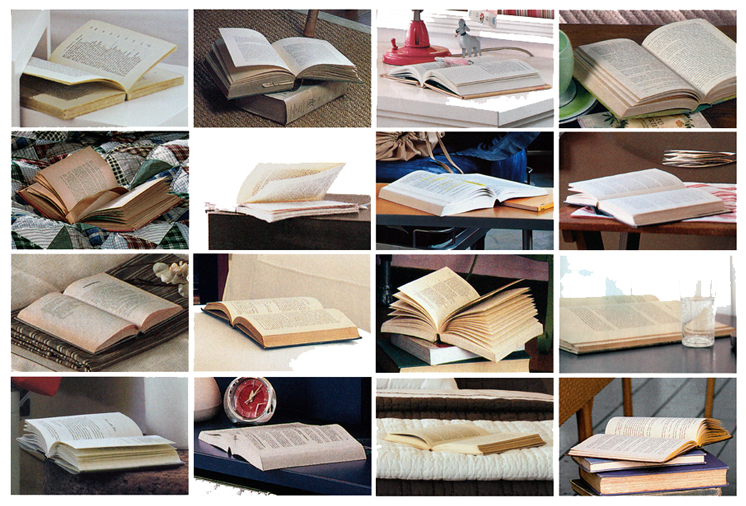
Okay. I’ve got to say it, but I will be brief. A few of the choices are dumb. And I don’t like the subtitle of the book. Occasionally—despite the extraordinary ecumenicity and breadth of their great reading habits–they seem to suppose that the reader is an evangelical, which may often be the case. A few lines made me shake my head, and there are tons of omissions. Why not this, I wondered? You’ve got to be kidding me, where is her book, or his? But, of course, this is a part of the fun. The choice to include a few influential, bad books was interesting (so you’ve got to read the reviews to see what they say; not every one is a rave.) And I wish there was a better index. Look: I’ve seen other lists like this that make me wanna holler. Or they are so weighed down by what should be read, the canon, so to speak, that they aren’t very much fun to read about. This, however, is the best thing I’ve seen of this kind, the list closest to one I’d celebrate, the finest collection of reviews I’ve yet read, all told with verve and personality. Besides the Bible: 100 Books… is, now, one of my favorite books that I want to press into the hands of others.
And kudos for sneaking a couple extra books in giving us even more for our money. (City of Man and
Confessions in one review–oh yeah. Three Tim Keller books counting as
one—way to go Steve Taylor! One summary discourse on the three most
important “new atheists” makes sense, too. Even in my review, I named a second book, sneaking that in. Heee.)
As Gibson, Green, and Pattison explained their project to others, and wrote down some opening thoughts, they became clear that this isn’t necessarily “the best” or a “definitive” list. It frees them to tell their story, report on what books moved them, what they think is helpful, work they can’t help but commend. In fact, early in the preface they say this:
Let’s be clear: This isn’t a list of our favorite books or even the first 100 books we would take to a desert island (or whatever wacky list-making premise you prefer.) Sure, Dan’s favorite novel happens to be Michael Chabon’s Kavalier & Clay, Jordan re-reads Everything Is Illuminated, and John once read the complete Hardy Boys series, but would we say those books are essential reads for Christians in America (and beyond?) Not really.
There are a few that I just raised my hands in salute to the editors when I saw them included. (Nikos Kazantzakis! Dorothy Day! Neil Postman! Jean Vanier! Martin Luther King! ) These are not the sorts of authors you regularly find in most so-called Christian bookstores. But it reminds me of why we do what we do, our love for books and promoting Christian growth, the wide berth of reading coupled with a serious desire to honor God, being informed by a Biblical perspective on life and times, and all that great books can offer those of us wanting to find God in our daily lives. These guides–the folks from the Burnside Writer’s Collective—have done us a huge favor in offering these reviews. (Read an interview with them here. It’s a great roundtable discussion on the book and a joy to read.) They are entries into the worlds of other good guides. We are grateful for it all, their work, the books they point us to, the beauty and goodness and sorrow and joy that emerges, sometimes slowly, sometimes like a thunderbolt, from the printed page. We hope you’ll order some, pass ’em around, share the love.
BLOG SPECIAL
Besides the Bible: 100 Books That Have, Should,
or Will Create Christian Culture
Dan Gibson, Jordan Green, John Pattison and others (Biblica)
regularly
$14.99
introductory
sale price
$11.99
order here
takes you to the secure order form page
inquire here
if you have questions or need more information
Hearts & Minds 2345 East Main Street Dallastown, PA 17313 717-246-3333
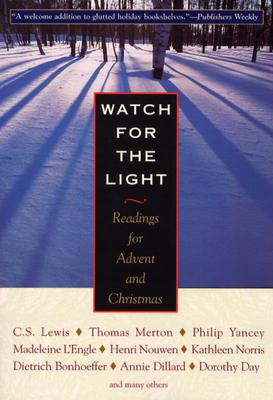
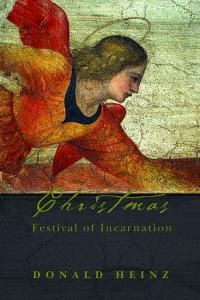
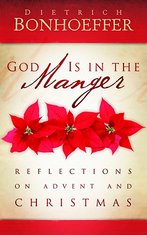
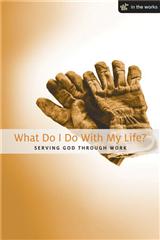
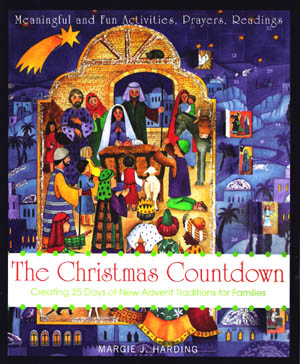
 Please see the rest of the reviews at the November post of the “monthly columns.” Enjoy!
Please see the rest of the reviews at the November post of the “monthly columns.” Enjoy!




